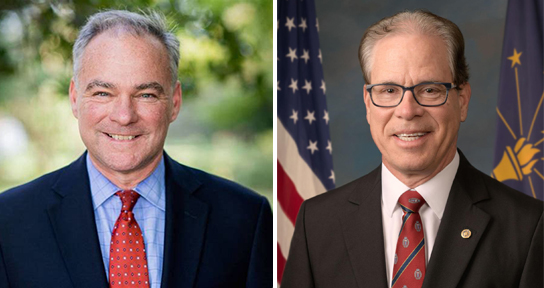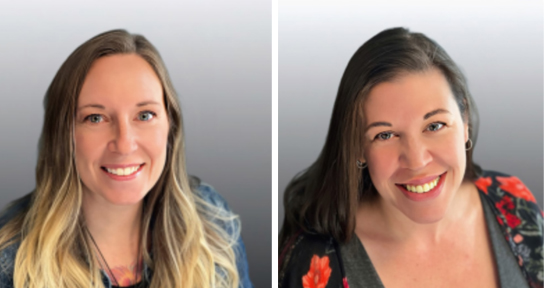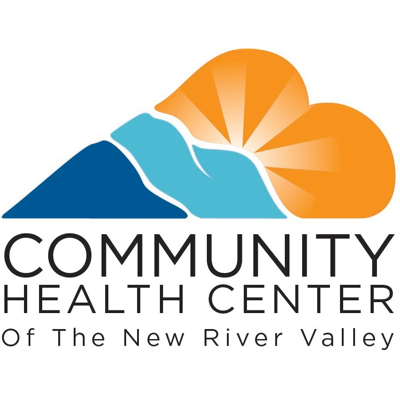
WASHINGTON, D.C. – Today, during National Recovery Month, U.S. Senators Tim Kaine (D-VA) and Mike Braun (R-IN), members of the Senate Health, Education, Labor and Pensions (HELP) Committee, introduced the Providing Empathetic and Effective Recovery (PEER) Support Act, legislation to help peer support specialists serving individuals recovering from a mental health condition or substance use disorder. Specifically, the bill would elevate the role of ‘peer support specialists,’ individuals who have lived experience with a mental health condition or substance use disorder and are certified to assist individuals and their families in recovery through advocacy, relationship and community building, resource sharing, mentoring, goal setting, and more. Although peer support specialists have been shown to decrease substance use for individuals with substance use disorders and reduce re-hospitalization for individuals with mental health conditions, peer specialists often face significant barriers to certification and practice. The PEER Support Act would help remove these barriers, address workforce shortages in the field, and expand access to mental health and substance use disorder treatment.
“All across Virginia, I hear about the immense need to support Virginians recovering from substance use and mental health challenges. It’s critical that we have high-quality providers who are adequately trained to help individuals in recovery,” said Kaine. “Through their own experiences, peer support specialists play an important role in the recovery process. The PEER Support Act would better support these experts and expand access to care by identifying best practices, providing support for training, and addressing barriers facing prospective peer support specialists.”
“Substance abuse tears apart families and communities, and the PEER Support Act will help by empowering Americans who have lived through these problems in their own lives help those struggling with addiction,” said Braun.
“Trained peer supporters make an incredible difference in helping people recover, and this bill positions peer support specialists to be a lifeline throughout the behavioral health care system,” said Bruce Curser, Executive Director of Mental Health America of Virginia.

“It gives me great hope to see the Peer Recovery Specialist profession discussed and supported at this level. I believe that with clarification and consideration of barrier crimes specific to the Peer Recovery Specialist role, we can better support the growing need in our communities. As someone who has been working in this role for over 5 years, I am both grateful and inspired by the advocation for a professional trajectory for Peer Recovery Specialists. The opportunity as a career pathway and not only a career destination, will continue to ensure Peer services are sustainable while providing hope to future Peer Recovery Specialists,” said Rachel Jarvis, RPRS, Community Health Center of the New River Valley, Christiansburg, Virginia.
“It is exciting to see work done on the national level to support the Peer Recovery Profession. Having the support of the Office of Recovery Services has been instrumental in my career development as a Peer Recovery Specialist. They have offered support and professional development trainings which have helped me to advance as a program supervisor for Peer Recovery Services. I am hopeful of a developing pathway for career progression for our profession. This will help secure more folks in recovery to enter the field and will only enhance the amazing work that we do in our communities,” said Jennifer Plummer, RPRS, Community Health Center of the New River Valley, Christiansburg, Virginia.
“Peer Support Specialist professionals in Virginia and across the United States have taken great strides in the past several years to create a unified and qualified workforce that is providing lifesaving support services to individuals impacted by the adverse effects of mental health or substance use experiences. The increased need and demand for qualified PSS workers is growing in the community, in systems of care, and in criminal justice settings. The Peer Support Act will increase opportunities for individuals working in the profession to be recognized and respected as a valued profession and will provide us with the federal recognition and support that is needed to address the various workforce challenges that we, as PSS, are facing as a young and emerging workforce,” said Cheryl DeHaven, BS, ACC, CPRS, Henrico County Resident and member of the National Association of Peer Supporters.
The PEER Support Act is supported by the Anxiety & Depression Association of America, American Association on Health and Disability (AAHD), American Foundation for Suicide Prevention (AFSP), American Mental Health Counselors Association, American Psychological Association Services (APA Services), Bipartisan Policy Center (BPC), Children and Adults with Attention-Deficit/Hyperactivity Disorder (CHADD), Depression and Bipolar Support Alliance, Face and Voices of Recovery, International Society for Psychiatric Mental Health Nurses, Lakeshore Foundation, National Association for Peer Supporters (NAPS), National Alliance on Mental Illness (NAMI), National Association of State Mental Health Program Directors (NASMHPD), the National Council for Mental Wellbeing, National Federation of Families, Mental Health America (MHA), Maternal Mental Health Leadership Alliance (MMHLA), Policy Center for Maternal Mental Health, RI International, SMART Recovery, American Association for Psychoanalysis in Clinical Social Work, Ballad Health, Fountain House, Overdose Prevention Initiative, Psychotherapy Action Network, Trust for America’s Health, and NAADAC, the Association for Addiction Professionals.
Specifically, the PEER Support Act would:
- Codify the Office of Recovery in the Substance Abuse and Mental Health Services Administration (SAMHSA) to:
- Train, educate, and support the professional development of peer support specialists.
- Research and publish best practice recommendations for the training, certification, and supervision of peer support specialists for entities that employ these professionals.
- Recommend career pathways for peer support specialists.
- Instruct the Department of Health and Human Services (HHS) and Department of Justice (DOJ) to conduct a study to research states’ screening processes for prospective peer support specialists that may pose undue barriers to their certification and to provide evidence-based recommendations for overcoming those barriers. Many prospective peer support specialists cannot get a license because of their past interactions with law enforcement related to addiction (i.e. convictions for possession of drugs) prior to recovery, even though their past experience recovering from drug use makes them strong advocates for those who are currently in recovery.
- Direct the Office of Management and Budget (OMB) to revise the Standard Occupational Classification (SOC) system to recognize peer support specialists as a profession, which would help ensure accurate data reporting on the field.
A one-pager on the bill is available here. Full text of the bill is available here.
